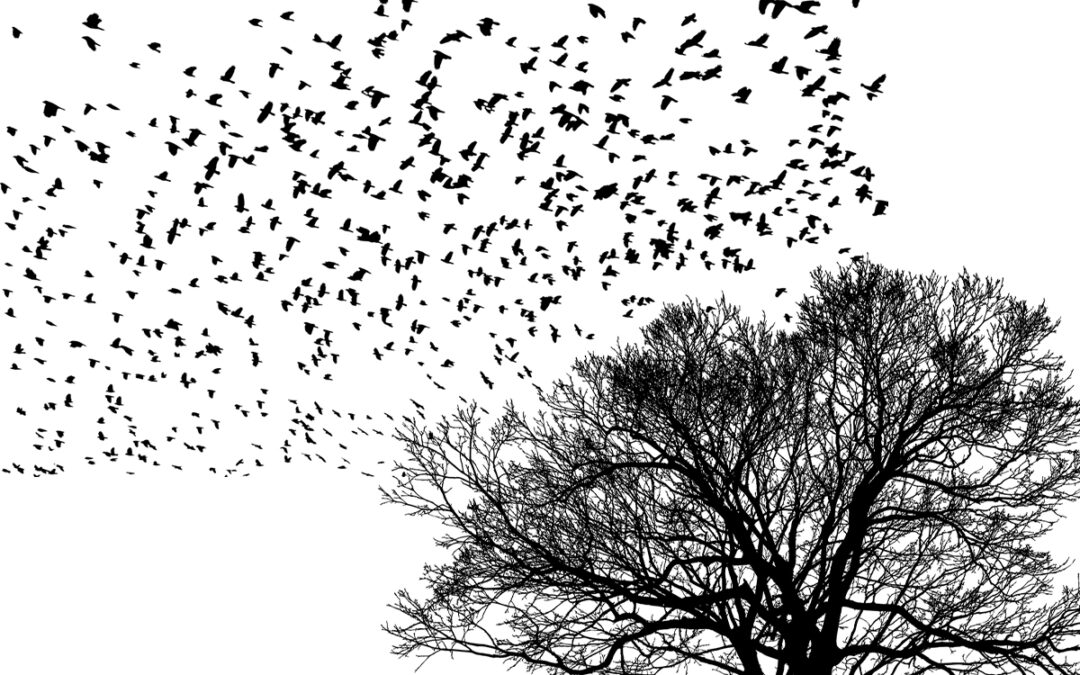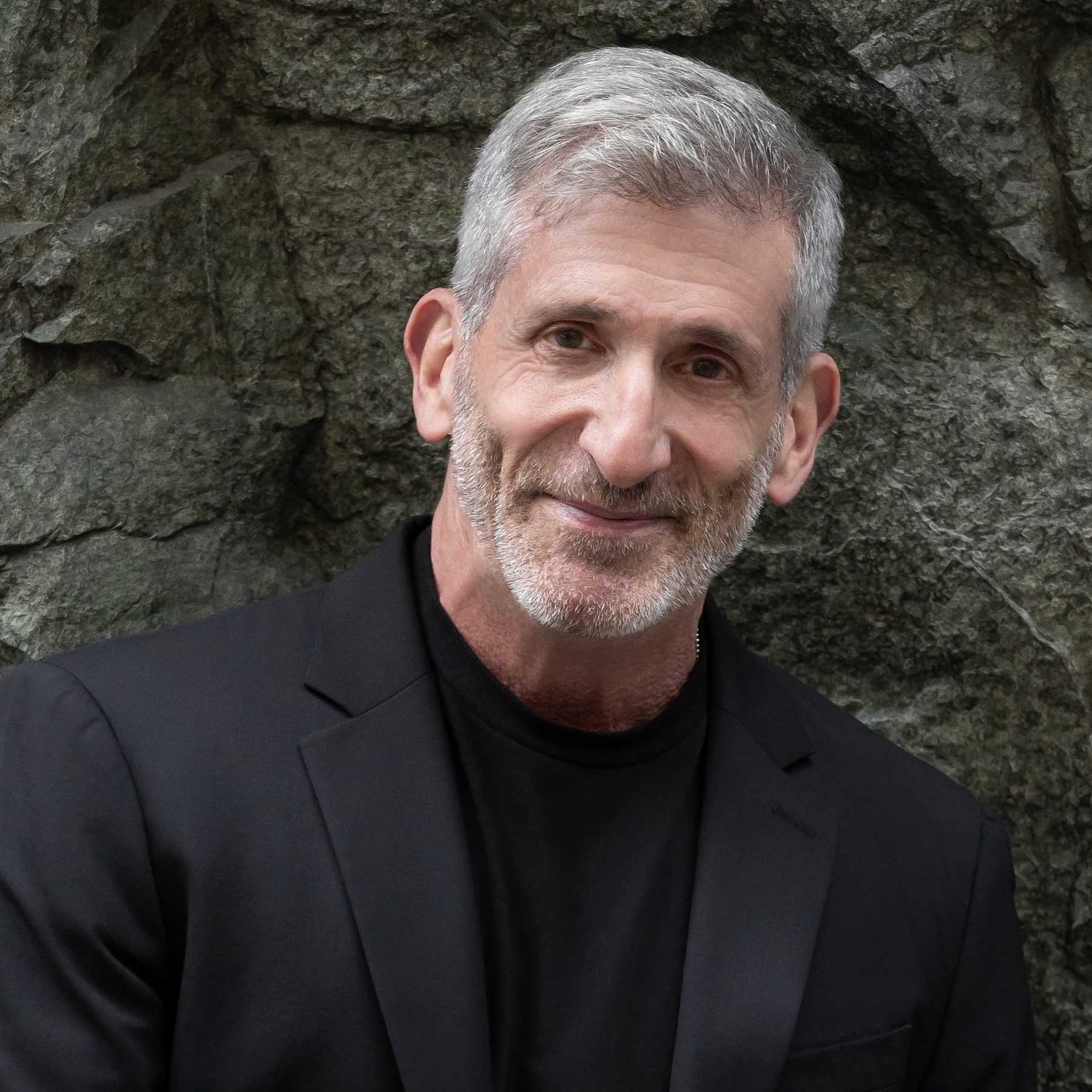A Journey into the Science of Connection and Consciousness
In the realm of science, certain theories transcend mere academic interest to offer profound insights into the very fabric of existence. Complexity theory, with its roots in systems thinking and the study of interconnectedness, stands as a beacon illuminating the hidden patterns and dynamics that shape our world and our minds.
Imagine a tapestry woven not of threads but of relationships—where every thread influences and is influenced by others, creating a rich and ever-evolving pattern. This is the essence of complexity theory: the understanding that systems—whether biological, social, or even cosmic—are composed of numerous elements whose interactions give rise to emergent behaviors and properties that cannot be predicted solely by analyzing each component in isolation.
At the heart of complexity theory lies a fundamental principle: that simple rules can give rise to complex behaviors. This concept challenges our traditional reductionist approach, which seeks to understand systems by breaking them down into their constituent parts. Instead, complexity theory tells us that the whole is greater than the sum of its parts—that new properties and behaviors emerge from the interactions between those parts.
In his exploration of complexity theory and its implications for understanding consciousness, Dr. Neil Theise, author of Notes on Complexity: A Scientific Theory of Connection, Consciousness, and Being delves into how this framework offers a new lens through which to view the mind. Rather than seeing consciousness as a singular phenomenon arising from specific neural processes, complexity theory suggests that consciousness may emerge from the intricate interplay of countless neural connections—each interaction contributing to the rich tapestry of subjective experience.
Moreover, complexity theory invites us to reconsider our understanding of causality and predictability. In complex systems, small changes can lead to large-scale effects—a concept often referred to as the butterfly effect. This sensitivity to initial conditions underscores the interconnected nature of our world and highlights the importance of understanding dynamics over fixed outcomes.
Beyond its implications for neuroscience and psychology, complexity theory has far-reaching applications—from economics and ecology to organizational management and urban planning. By recognizing the interconnectedness of systems and the potential for emergent properties, we can develop more adaptive and resilient solutions to complex challenges.
However, complexity theory is not without its challenges and controversies. Its embrace of uncertainty and non-linearity can be disorienting in a world that often seeks clear cause-and-effect explanations. Yet, therein lies its beauty: complexity theory encourages us to embrace the messiness of reality, to appreciate the unpredictability that defines our world, and to seek patterns and connections where others see chaos.
In conclusion, complexity theory offers a profound paradigm shift—one that invites us to see the world as a web of relationships, where everything is connected and nothing exists in isolation. It challenges us to think in terms of patterns, interactions, and emergent behaviors, rather than static entities and linear relationships. As we continue to unravel the mysteries of consciousness and explore the dynamics of interconnected systems, complexity theory stands as a beacon of insight and discovery—a testament to the inherent complexity and beauty of our universe.
To delve deeper into the interconnected world of complexity theory and its implications for consciousness, register for CHI’s webinar on July 12, 2024 with guest speaker Neil Theise, MD. It’s a journey that promises to challenge your perspective and illuminate the hidden connections that shape our understanding of the world and ourselves.
About the Scientist
Neil Theise, MD, is a professor of pathology at the NYU Grossman School of Medicine. Through his scientific research, he has been a pioneer of adult stem cell plasticity and the anatomy of the human interstitium. Dr. Theise’s studies in complexity theory have led to interdisciplinary collaborations in fields such as integrative medicine, consciousness studies, and science-religion dialogue. He comes from a spiritual background of devotional Jewish practices, is a Senior Student at the Village Zendo in NYC, and has been initiated into shamanic practice.


